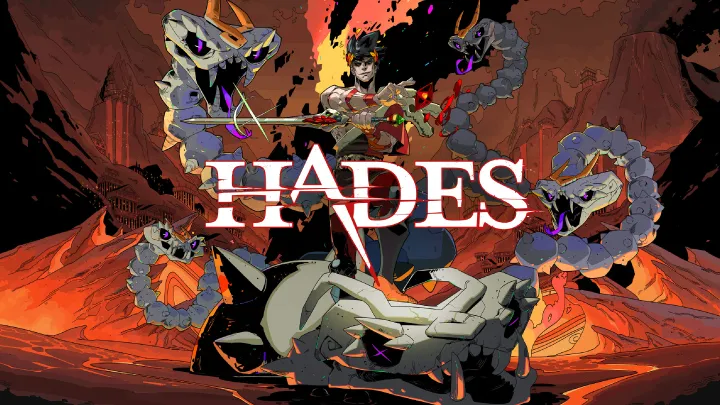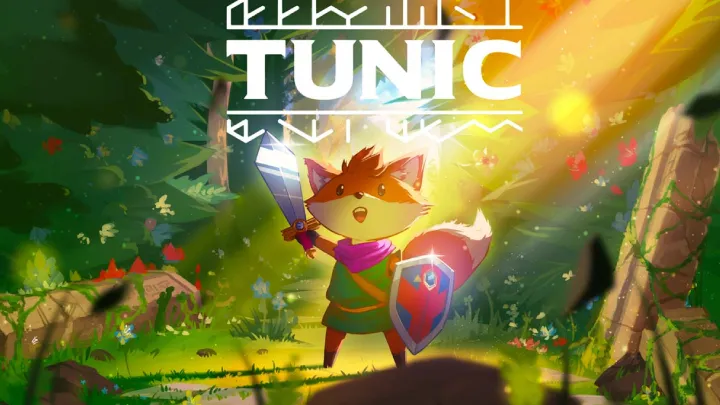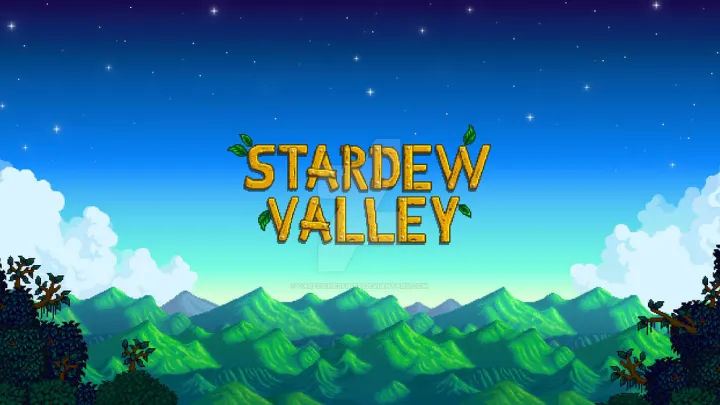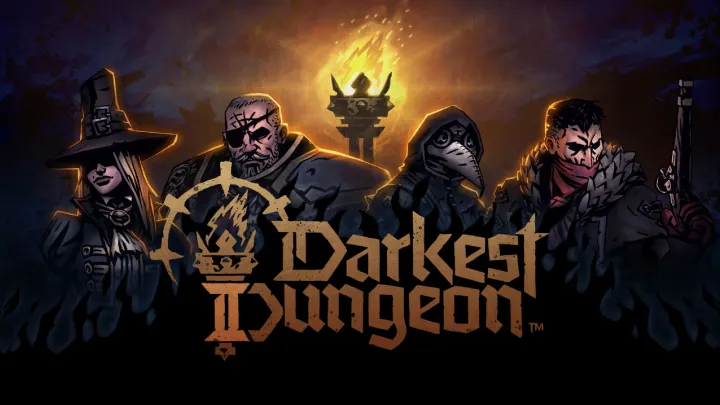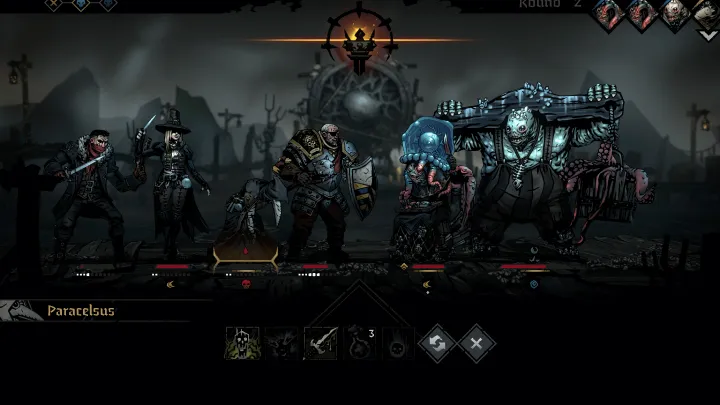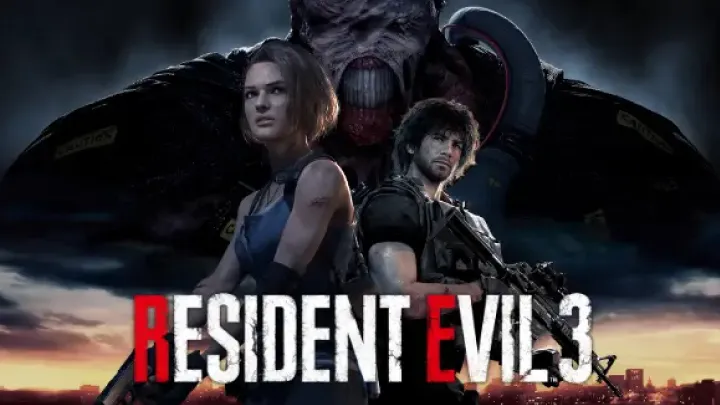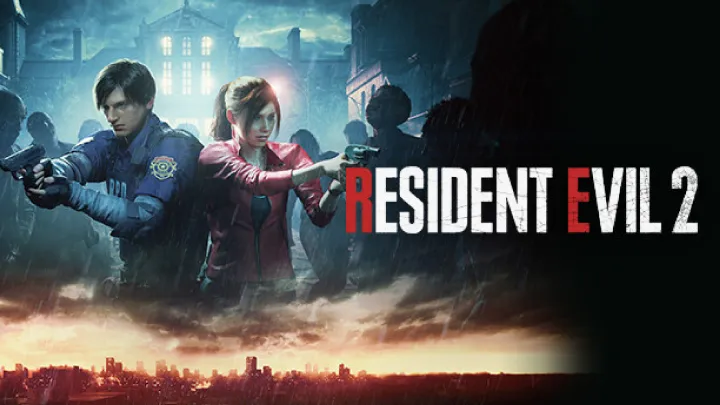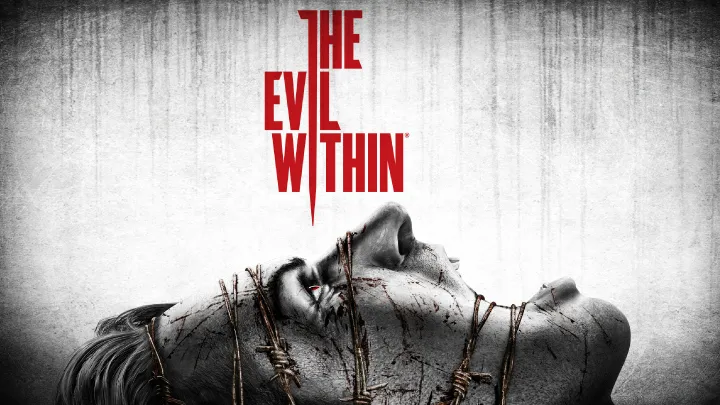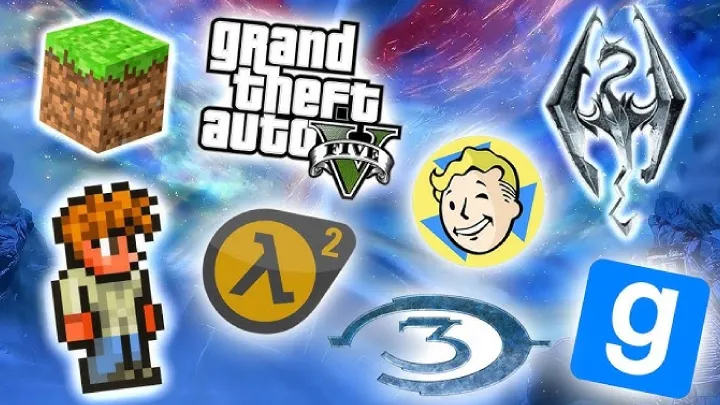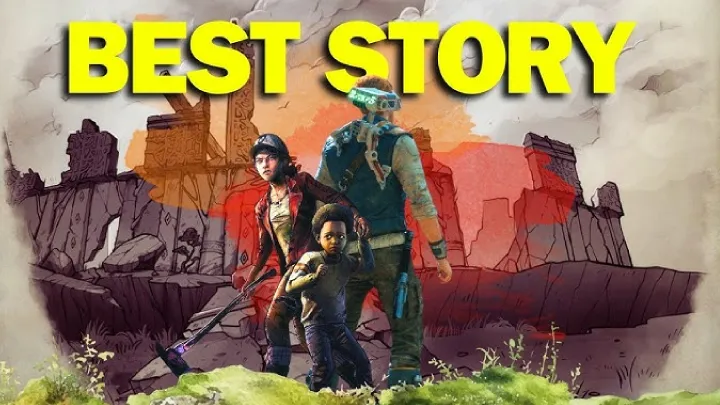Understanding the Game Mechanics
The Basics of Darkest Dungeon II
- Turn-Based Combat: Combat is turn-based, allowing players to strategize their attacks, skills, and positioning. Understanding the strengths and weaknesses of each character is vital for success.
- Stress Management: Each hero has a stress meter that impacts their performance in battle. Managing stress is essential to maintaining your party's effectiveness and preventing negative traits from developing.
Exploring the World
- Dynamic Environments: Each region is procedurally generated, ensuring that no two playthroughs are alike. Familiarize yourself with the types of encounters and challenges you may face in each area.
- Resource Management: Players must gather resources as they explore. Items like food, health packs, and stress-relief items are crucial for survival in the harsh environments.
Character Development
Choosing Your Heroes
- Hero Classes: Familiarize yourself with the different hero classes available, such as the Leper, Plague Doctor, and Highwayman. Each class has its own playstyle and role within the team.
- Synergy and Composition: Choose heroes that complement each other’s strengths and weaknesses. A balanced party often leads to greater success in battles.
Leveling Up Your Heroes
- Experience Points: Heroes gain experience through battles and successful missions. Leveling up increases their stats and unlocks new abilities.
- Skill Upgrades: Invest in skill upgrades that align with your party's strategy. Focus on enhancing abilities that provide crowd control, healing, or damage output.
Mastering Combat Mechanics
Understanding Combat Strategies
- Positioning: Positioning is key in battles. Understand the abilities of your heroes and the enemies to maximize your effectiveness. For example, some heroes excel in the front lines, while others are better suited for ranged attacks.
- Targeting Foes: Prioritize enemies based on their threat level and abilities. Taking out healers or high-damage dealers first can turn the tide of battle in your favor.
Utilizing Skills Effectively
- Skill Rotation: Rotate your heroes' skills to adapt to different encounters. Understanding which skills work best against specific enemies is crucial for victory.
- Combining Skills: Use combinations of skills to create powerful synergies. For instance, pairing a damage-over-time skill with a healing ability can lead to sustained effectiveness in battle.
Exploring the Regions
Familiarizing Yourself with the Map
- Map Navigation: Familiarize yourself with the map layout and key locations, such as campsites and treasure points. This knowledge can save time and resources during your journey.
- Dynamic Events: Pay attention to dynamic events that can occur during exploration. These can provide valuable rewards or introduce unexpected challenges.
Resource Gathering
- Collecting Supplies: As you explore, gather supplies like food, health items, and trinkets. These resources are vital for maintaining your party's health and stress levels.
- Looting Enemies: Defeated enemies often drop valuable loot. Make sure to loot every fallen foe to maximize your resource collection.
Managing Stress
Understanding the Stress System
- Stress Levels: Monitor each hero's stress level closely. High stress can lead to negative traits that affect performance in battle.
- Coping Mechanisms: Heroes have unique ways of coping with stress, such as using certain skills or items. Utilize these mechanisms to keep stress levels in check.
Stress-Relief Strategies
- Campsites: Use campsites to rest and relieve stress. This is an opportunity to heal and regroup before facing tougher challenges.
- Items and Skills: Equip items or skills that provide stress relief. Focusing on these can help maintain your party's morale during long expeditions.
Engaging with the Story
Narrative Depth
- Character Backstories: Take the time to explore each hero's backstory. Understanding their motivations can deepen your connection to the characters and the narrative.
- Environmental Storytelling: Pay attention to the details in the environment. The world is filled with lore and hints that can provide context for your journey.
Choices and Consequences
- Player Choices: Your decisions can impact the story and character relationships. Be mindful of your choices, as they may have lasting effects on your party's dynamics.
- Exploring Different Outcomes: Consider replaying the game to explore different narrative paths and endings. This adds depth to the overall experience.
Tips for New Players
Getting Started
- Take Your Time: Don’t rush through the game. Spend time exploring and understanding the mechanics before diving into battles.
- Familiarize Yourself with Mechanics: Understanding the combat and stress mechanics early will provide a solid foundation for your playthrough.
Utilizing the Community
- Join Forums: Engage with the Darkest Dungeon community through forums and social media. Sharing experiences and tips can enhance your understanding of the game.
- Watch Tutorials: Consider watching gameplay videos or tutorials to learn strategies and techniques from experienced players.
Advanced Strategies for Experienced Players
High-Level Combat Techniques
- Combining Heroes’ Skills: Learn to combine skills from different heroes for devastating effects. This requires understanding each hero’s abilities and timing your attacks effectively.
- Countering Enemy Moves: Pay attention to enemy attack patterns. Anticipating their moves and countering effectively can help you turn the tide in challenging encounters.
Exploring Endgame Content
- Challenging Boss Fights: Once you complete the main story, tackle challenging bosses that require high-level strategies and well-coordinated party setups.
- Collecting Rare Items: Focus on obtaining rare items and gear that can provide unique advantages in battles. These items can be crucial for endgame content.
